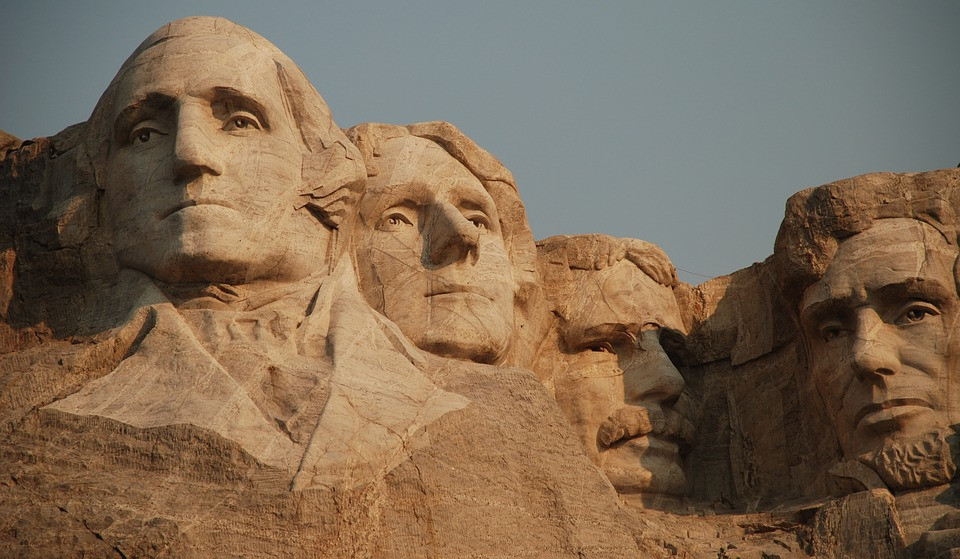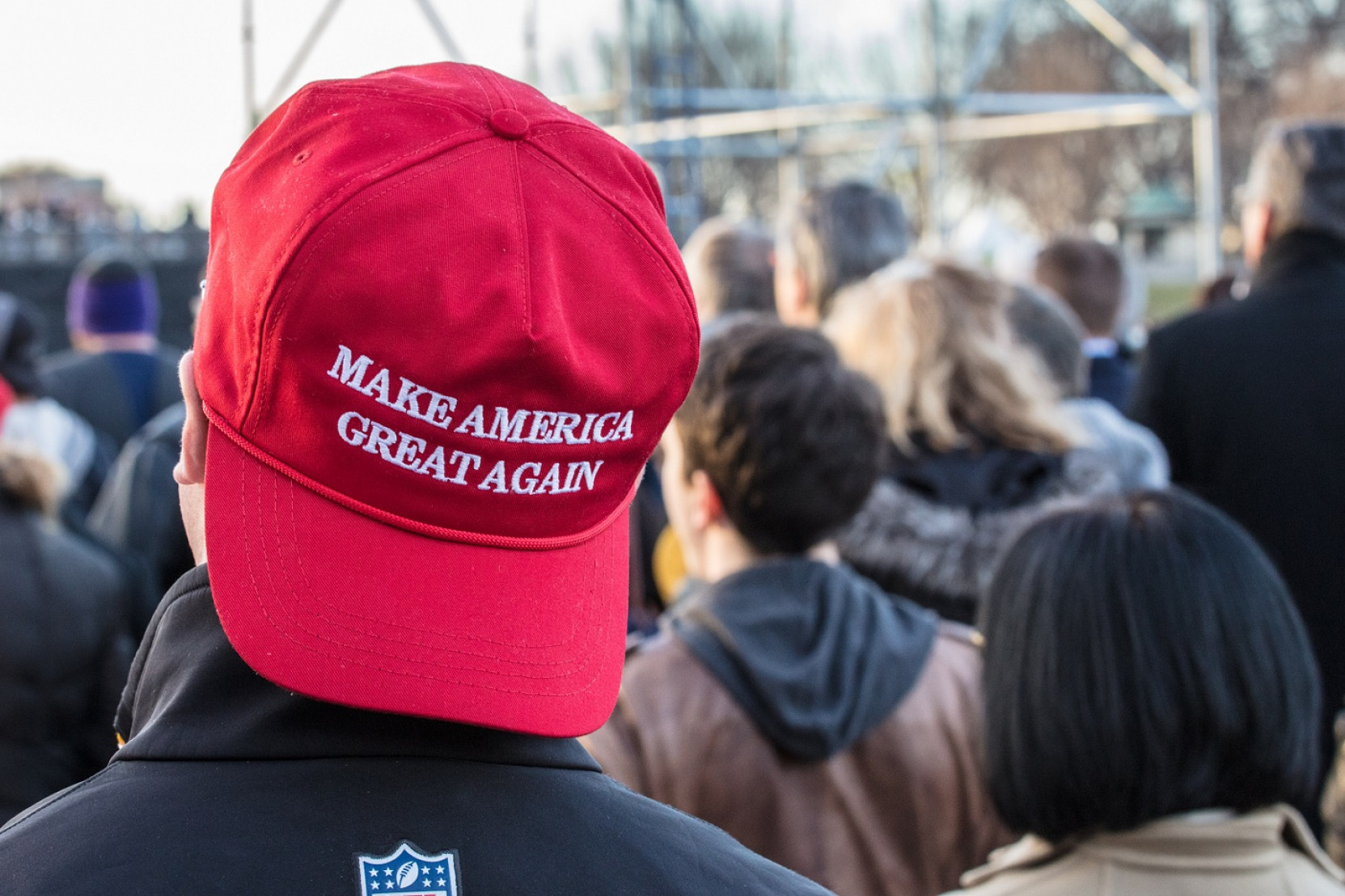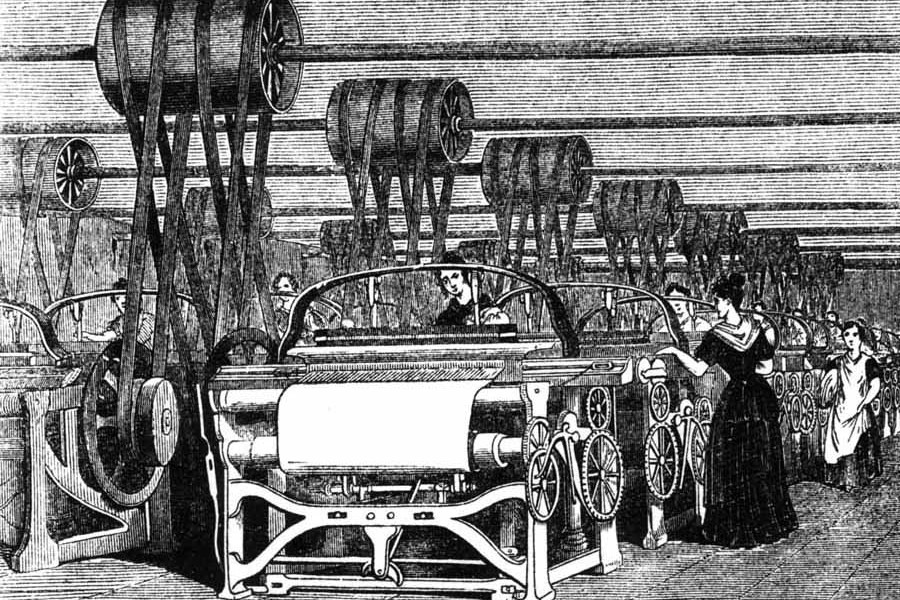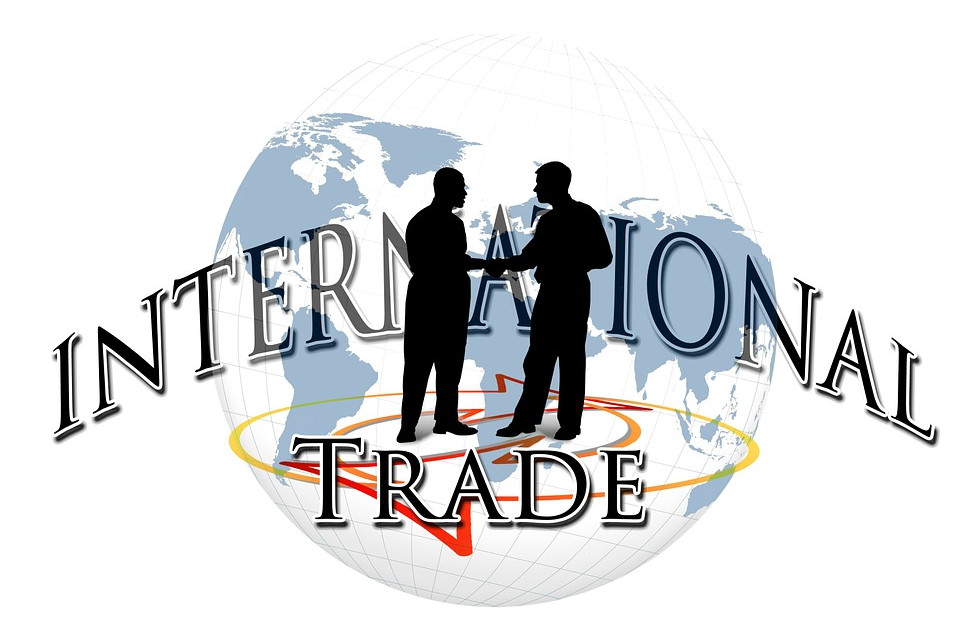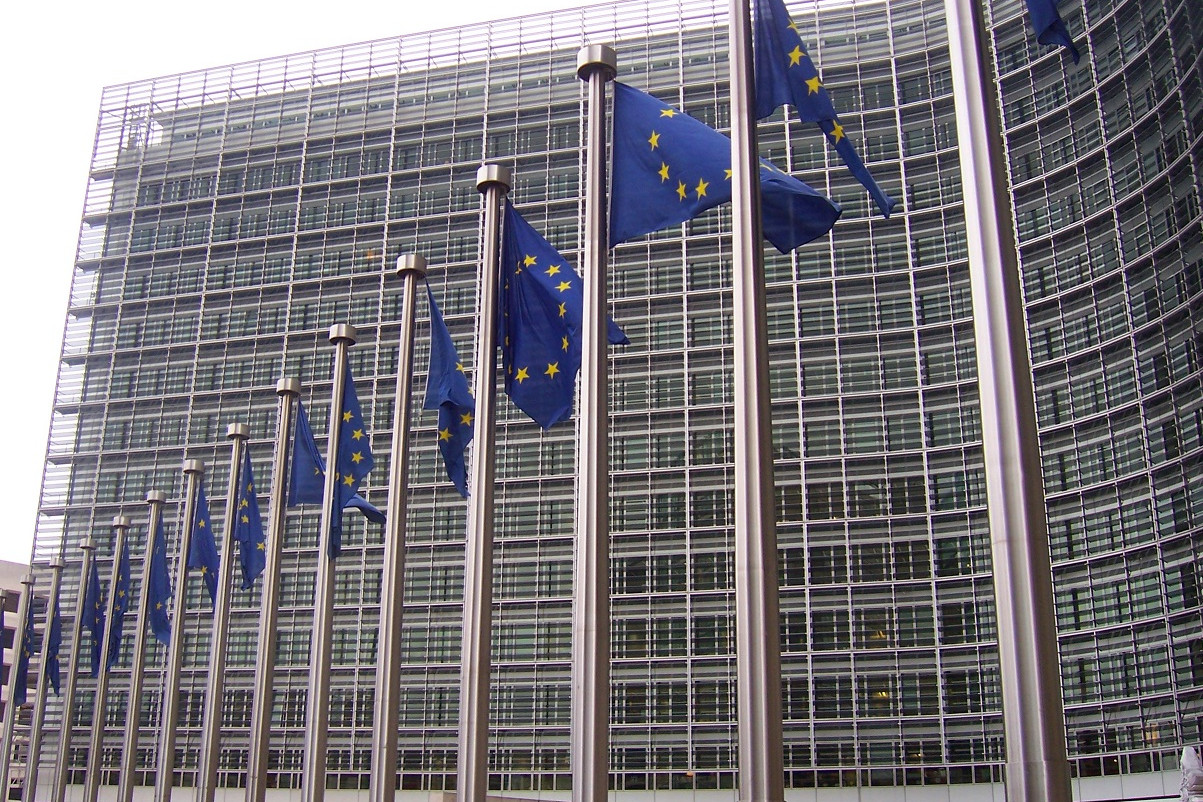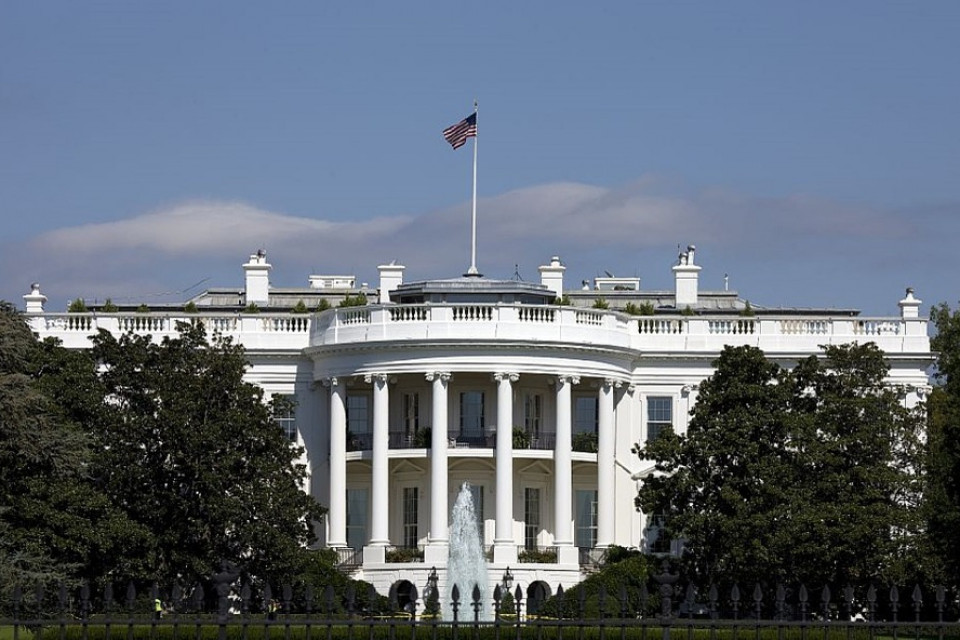It is true that Donald Trump's economic policy has turned towards the rich and seems incoherent, but it is linked to the traditional protectionism of the USA in the history. More than inflame us in condemnations of Trumpism, let's ask ourselves about true industrial policies.
Tuesday, March 6th. The resignation of Gary Cohn, Donald Trump's chief economic adviser, raised a considerably amount of dust. It was not just Trump's convoluted opinions about the violent confrontations between two white supremacists and the anti-racists of Charlottesville that prompted the President of the National Economic Council (NEC) to abandon their functions. In view of the seriousness of such opinions and the disagreements that arose in August 2017, we would have been understood such a decision, as was a resignation motivated by the divergences that they faced as regards the Paris climate agreements.
However it is on another, more serious and significant issue that finally induced Cohn to step down. It was Donald Trump's decision to impose customs duties of 25% on US steel imports and 10% on aluminium imports. Such questions may seem secondary to any reasonable person. However, from the point of view of the ideas of the economic establishment and the mainstream, which sticks to its guns against establishing customs barriers, Trump has committed a much more serious fault than the denial of climate warming, or the deleterious treatment of minorities, of which your government admits that it is guilty. Establishing a tariff protection calls into question the dogma that free trade would always and everywhere be the universal prescription to ensure growth and full employment.
CAN THE DOGMA BE QUESTIONED?
From the beginning, let's be clear. It is far from our idea to defend Trump's politics, or even their economics. This policy, deeply incoherent and clearly at the service of the wealthiest classes, is in no way desirable. Among other things, let's recall that the tax reform (promoted by Cohn) last December consists of a tax reduction estimated at one and a half thousand million dollars in a decade, whose beneficiaries are 1% of the richest (those whose income exceeds $500,000 per year). They want to save the modest sum of 60,000 million dollars in taxes. The opposite of its campaign promises, to reinstate a strict separation of investment and savings banks, in April 2017 the Trump team decided to adhere to the Dodd-Frank financial regulation law (adopted in 2009, following the financial crisis). By doing so, your government increases the risk of a new and more serious financial crisis.
Then again, should we view protectionist measures on imports of steel and aluminium negatively?
It is true that the effect of such taxes on employment in the US is far from being significant. The sectors targeted by this protection employ 140,000 people, which is not insignificant, particularly if indirect employment is added, and it only represents a drop in the bucket compared to the total US workforce (158 million people). It is also true that these measures are not aimed at protecting new industries, rather at declining sectors producing intermediate goods, which makes it difficult to justify them from the economic theory point of view. It is also true that these tariffs are likely to increase the manufacturing costs of other sectors and have a knock-on effect on the competitiveness and profitability of US companies. However, the question that arises is not the impact of these measures on the US economy.
The real issue raised by Cohn's resignation goes deeper. It is about knowing if we can, with all serenity, question the dogma according to which free trade would be favourable to employment and growth at all times and in all places. This dogma is shared, not only by the developed country economic elites, but also by an overwhelming majority of economists at large. However, the dominant neoclassical theory recognizes that free trade involves losses, which they say are compensated by profits. This fundamental aspect is systematically forgotten by the institutions that defend its virtues, such as the CMO and the European Commission. Agents adversely affected by free trade, such as workers in traditional industries, present a legitimate demand for tariff or quantitative protection that was one of the elements of them voting for Trump. With the introduction of these tariffs on steel and aluminium, he is doing nothing more than fulfilling their campaign promise and satisfying their electoral clientele.
THE QUESTION OF CUSTOMS BARRIERS WARRANTS DEBATE
The question of the relevance of erecting customs barriers deserves to be debated in any case. Above all, in the event that the initiative comes from a country with an overwhelming majority of economists from large universities who have theorized about the virtues of free trade and have carved it in stone in the manuals of international economics, and that the USA are perceived on a global scale as the main country promoting free trade, considered one of its historical traditions.
In any case, this vision is quite wrong. On the contrary, the USA is following the formula of the economics historian Paul Bairoch: "the homeland and the bastion of modern protectionism". Contrary to the dominant idea that German economist Friedrich List would have invented the idea of protecting industries in the beginning, it was Alexander Hamilton, the first US Secretary of the Treasury. (1789-95) who propounded the idea that no new industry could be competitive internationally without government assistance in the form of customs duties and in some cases even import bans.
Due to their geographical location, US industries benefited until the end of the Second World War from implicit protection linked to transport costs.
Moreover, we should also remember that the central key to the US Civil War was not so much slavery, rather customs tariffs. Abraham Lincoln did not believe much in the emancipation of blacks, an ideal without any real possibility of immediate implementation by beings who were, according to him, racially inferior. So he did not fight for it. On the contrary, Lincoln had strong protectionist convictions and the Whig Party, of which he was a member, supported the "US system", whose main ingredients were protectionism and infrastructure development.
TRUMP LINKS BACK TO A QUITE OLD US TRADITION
According to Paul Bairoch, the average US customs tariffs were 44% in 1930, 37% in 1925, 48% in 1931, and fell to 14% in 1950, since it was not until 1945 that the US they began to liberalise their exchange rate and promote free trade. Moreover, it was then that they began to recommend the lowering of customs tariffs to countries whose industries could not develop under the shield of customs protections or, in other words, according to Cambridge economist Ha-Joon Chang, to "take away the stairs" that they had used to get to the critical size necessary to be in the world market. Bairoch shows that, over a long period of time, that the periods characterized by the greatest protections are also frequently the most prosperous, since according to him, the sense of cause-effect is directly related to prosperity (acquired under the mantle of customs protections), but attributed to opening up.
Deciding to impose customs duties on US imports of steel and aluminium, Trump is ensconced in an ancient tradition in their country well anchored in the past.
Moreover, in the end , even if the economic impact of their measures is doubtful, they have the merit of re-launching the debate that, because it has been prohibited by the intellectual and financial elites of developed countries, is still legitimate.
Naturally, protectionism cannot by itself constitute the a to z of an economic policy. Protectionist measures can be useful, and combined with other policies -in particular industrial and financial regulation policies- can make sense and allow us to improve employment and help respond to the ecological, economic and social crises that we are going through. For example, relevant protectionist measures could be applied to the quality and durability of products, respect for environmental standards, mileage travelled by products and even respect for social rights or salary levels. In this way, it would undoubtedly be advanageous to establish protections in the form of standards or mileage rates on certain products.
In short, the debate concerning protectionism is worth reopening and this is the main merit of the recent US decisions.



